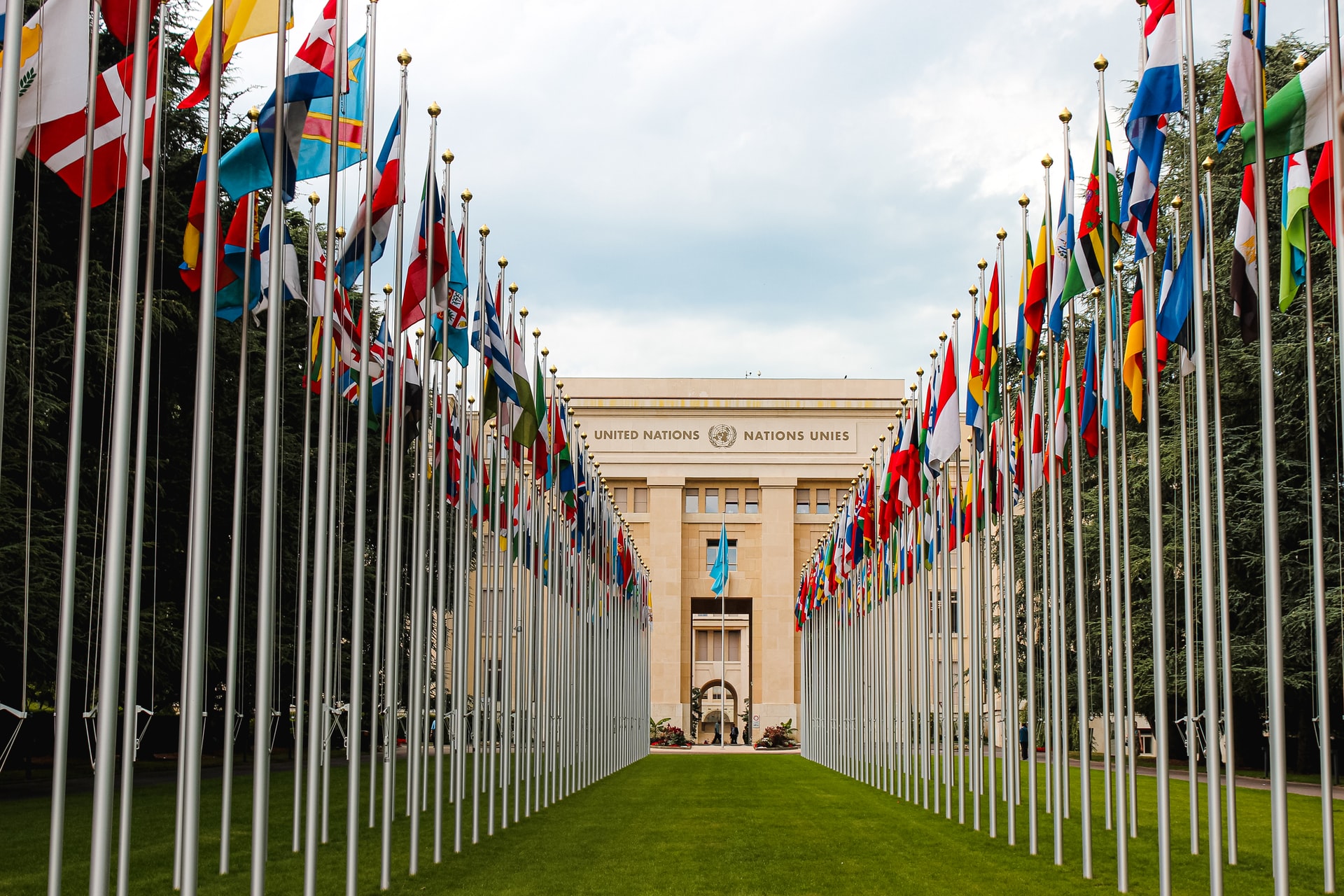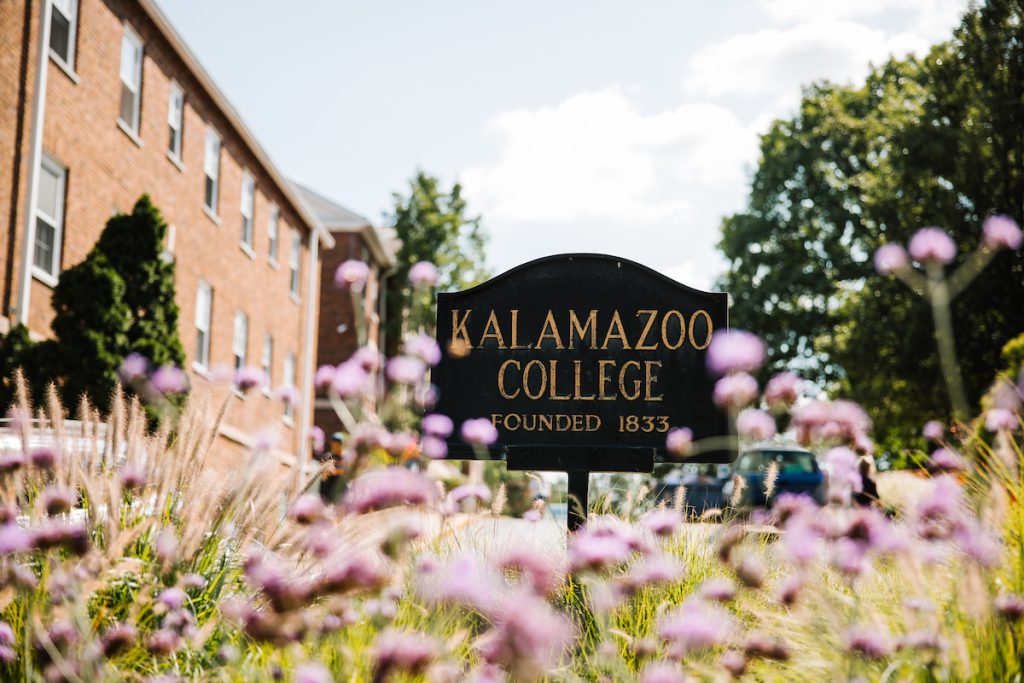
Why Major in International and Area Studies at K?
Learn how to be a conscientious global citizen and succeed in our modern, interconnected world through intimate classes, study abroad experiences, and research opportunities.
As an International and Area Studies (IAS) student, you will learn how to critically assess global and transnational issues; compare countries’ political, economic, and cultural structures; develop an in-depth knowledge of a particular region of the world; and master a foreign language. You will develop these skills through globally-minded courses, the completion of your Senior Integrated Thesis, and taking part in an immersive study abroad experience.
As a deeply interdisciplinary major, you will have the opportunity to supplement your IAS courses and fulfill graduation requirements through select courses in relevant fields, such as Anthropology and Sociology, African Studies, Political Science, History, Philosophy, and various languages. You will also have the chance to learn through immersion by taking advantage of Kalamazoo College’s stellar study abroad program with 50+ opportunities across six continents to choose from.
By the time you graduate, you will be well prepared to live in and make sense of the interdependent global world and have a solid foundation for a career in the international sector or for further studies.
What can you do with an International and Area Studies degree?
Below are some of the careers, employers, and graduate schools of our IAS alumni.
Careers
- English Teacher
- Legal Affairs
- Program Advisor
- Policy and Advocacy Fellow
- Writer
Employers
- Fulbright
- Teaching Assistant Program in France
- Spain Ministry of Education, Culture and Sports
- The Chicago Council on Global Affairs
- ACLU of Illinois
Graduate Schools
- Queen Mary University of London
- Friedrich-Alexander Universität Erlangen-Nürnberg
- University of Bonn
- University of Strasbourg
- Aberystwyth University
Faculty
John Dugas (Chair), Margaret and Roger Scholten Associate Professor of Political Science. BA Louisiana State University PhD Indiana University-Bloomington
Amy Elman, Weber Professor in Social Science. BA Brandeis University MA, PhD New York University
Dennis Frost, Wen Chao Chen Professor of East Asian Social Sciences. BA Wittenberg University MPhil, PhD Columbia University
Enid Valle, Professor of Romance Languages and Literature. BA University of Puerto Rico MA, PhD University of Michigan
Meet the Current Departmental Student Advisor
What is the best thing about being part of this department?
The department is smaller, allowing for the opportunity to connect with peers within and outside your area of focus.
What drew you to the department?
I have always been drawn to international studies, and I feel like this department allowed for me to foster that in a way that elicits a more inquisitive mainframe. With this being an interdisciplinary major I’m taking classes from many departments, which has allowed me to branch out a lot more. I also have always enjoyed being able to learn about certain topics and piece learned knowledges together.
What is your favorite thing about K?
Fluidity of classes despite your chosen major.
What is your Senior Integrated Project (SIP)?
I plan on looking at how colonial institutions like slavery perpetuate associated legacies in contemporary mass incarceration. In order to do so I will be doing a comparative analysis of two separate case studies, the first being the United States and the other Brazil. I will analyze how both countries have carried forward the racialized logic of colonial domination into contemporary institutions. Concepts like necropolitics, racial capitalism, commodification and carceral citizenship will help explain why the prison has become a tool for social control. There will be an additional consideration of how resistance movements, and restorative justice models can challenge these systems.


